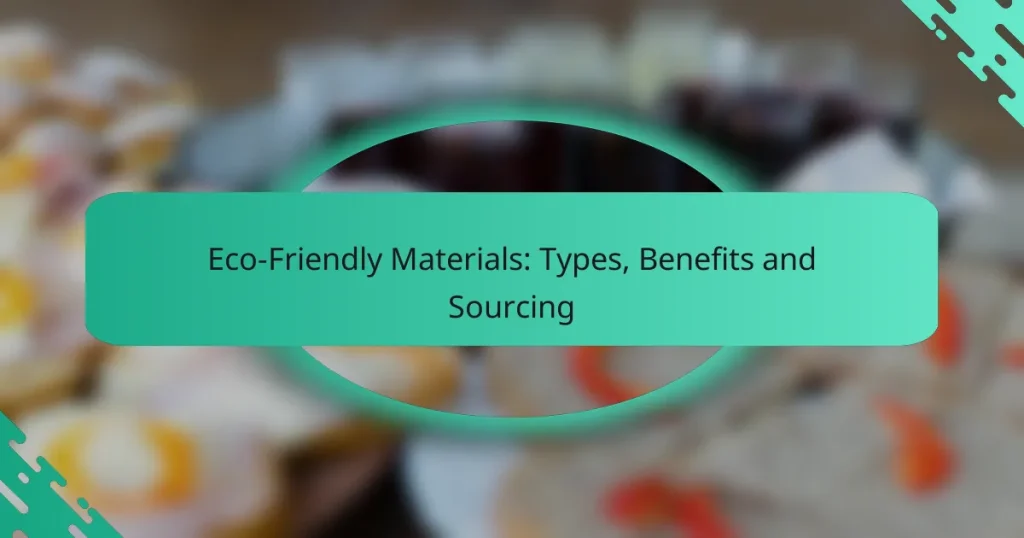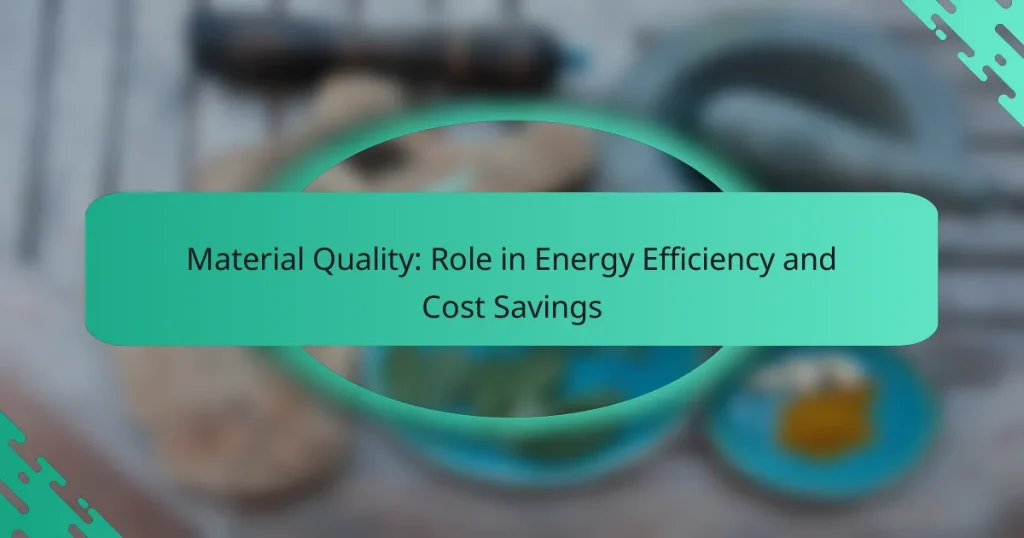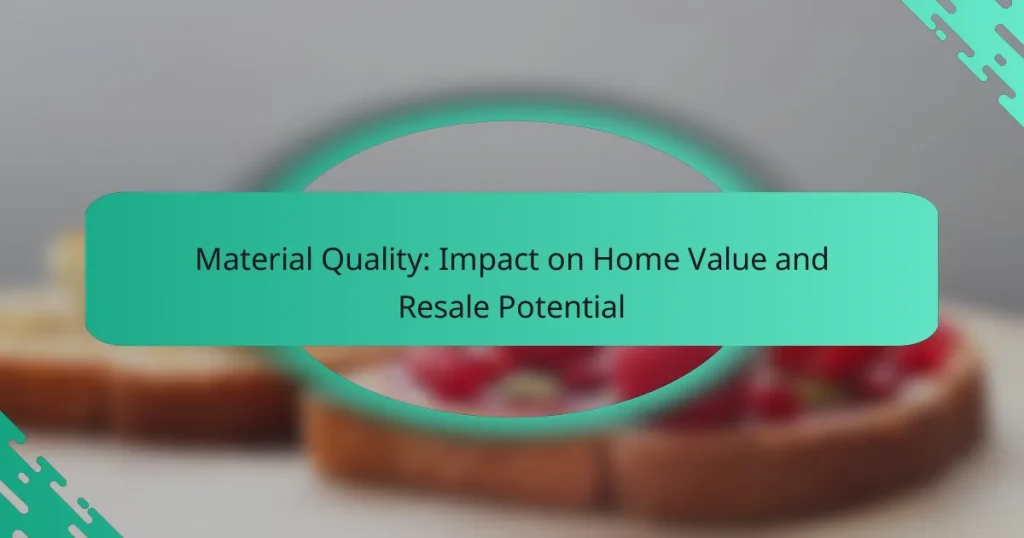When it comes to home improvement, selecting the right materials is crucial for enhancing both the aesthetic appeal and functionality of your property. In Los Angeles, options like wood, brick, granite, vinyl, and glass not only elevate the look of your home but also ensure durability and energy efficiency. Additionally, high-quality materials can significantly boost your home’s value and reduce long-term maintenance costs, making them a wise investment for any homeowner.
Local Suppliers: Evaluation Criteria and Sustainable Options
Eco-Friendly Materials: Types, Benefits and Sourcing
High-Quality Materials: Selection Criteria, Benefits and Cost Considerations
Premium Materials: Budgeting Strategies and Value Assessment
Material Quality: Role in Energy Efficiency and Cost Savings
Material Quality: Impact on Home Value and Resale Potential
What are the best materials for home improvement in Los Angeles?
The best materials for home improvement in Los Angeles include wood for framing and flooring, brick for exterior walls, granite for countertops, vinyl for siding, and glass for windows. These materials not only enhance the aesthetic appeal of homes but also provide durability and energy efficiency suited to the local climate.
Wood for framing and flooring
Wood is a popular choice for framing and flooring due to its strength and versatility. In Los Angeles, options like Douglas fir and redwood are favored for their resistance to pests and moisture, making them ideal for the region’s climate.
When selecting wood, consider the grade and treatment, as higher grades offer better durability. Engineered wood products can also be a cost-effective alternative, providing stability and resistance to warping.
Brick for exterior walls
Brick is an excellent material for exterior walls, providing both insulation and a classic look. In Los Angeles, brick homes are valued for their ability to withstand heat and provide energy efficiency.
Choose bricks that meet local building codes and consider the color and texture to match your home’s style. Proper installation is crucial, as it affects both the aesthetic and structural integrity of the walls.
Granite for countertops
Granite is a preferred choice for countertops due to its durability and resistance to heat and scratches. In Los Angeles, granite countertops can elevate the kitchen’s appearance while adding value to the home.
When selecting granite, consider the finish and color that complements your kitchen design. Be aware that granite requires periodic sealing to maintain its appearance and prevent staining.
Vinyl for siding
Vinyl siding is a practical option for home exteriors, offering low maintenance and a variety of styles. In Los Angeles, it is favored for its resistance to fading and ability to withstand the sun’s UV rays.
When choosing vinyl siding, look for products with a high R-value for better insulation. Ensure proper installation to avoid issues like warping or moisture buildup.
Glass for windows
Glass is essential for windows, providing natural light and energy efficiency. In Los Angeles, double-glazed windows are recommended for their insulation properties, helping to keep homes cool in the summer and warm in the winter.
Consider low-E glass options that reflect heat while allowing light, which can significantly reduce energy bills. Ensure windows meet local energy codes for optimal performance.
How do material choices affect home value?
Material choices significantly influence home value by affecting both aesthetic appeal and functionality. High-quality materials can enhance the overall look of a property and reduce maintenance costs, making a home more attractive to potential buyers.
High-quality materials increase resale value
Using high-quality materials in home construction or renovation can lead to a higher resale value. Buyers often perceive homes with premium finishes, such as hardwood flooring or granite countertops, as more desirable, which can translate into a price increase of several percentage points over similar homes with standard materials.
For instance, investing in energy-efficient windows not only improves the home’s appearance but can also attract buyers willing to pay a premium for lower utility costs. When considering upgrades, focus on materials that are popular in your local market to maximize returns.
Durability impacts long-term investment
Durability is a crucial factor in assessing the long-term value of home materials. Choosing materials that withstand wear and tear can save homeowners significant money on repairs and replacements over time. For example, fiber-cement siding is known for its longevity compared to traditional wood siding, which may require frequent maintenance.
When selecting materials, consider their lifespan and maintenance requirements. Investing in durable options may have a higher upfront cost but can lead to savings in the long run, making your home a more attractive investment for future buyers.
What are the environmental impacts of home improvement materials?
The environmental impacts of home improvement materials can be significant, affecting everything from resource depletion to pollution. Choosing the right materials can help minimize these impacts and promote sustainability in construction and renovation projects.
Sustainable materials reduce carbon footprint
Sustainable materials, such as bamboo, reclaimed wood, and low-VOC (volatile organic compounds) paints, help lower the carbon footprint of home improvement projects. These materials are often sourced responsibly and have a lower environmental impact during their lifecycle.
When selecting sustainable options, consider certifications like FSC (Forest Stewardship Council) for wood products or Energy Star for appliances. These labels indicate adherence to environmental standards, ensuring that your choices contribute positively to the planet.
Recycled materials promote eco-friendliness
Using recycled materials, such as recycled glass tiles or reclaimed bricks, promotes eco-friendliness by reducing waste and conserving natural resources. These materials often require less energy to produce compared to new materials, further decreasing environmental impact.
Incorporating recycled materials can also add unique character to your home. For example, using reclaimed wood for flooring or countertops not only helps the environment but also creates a distinctive aesthetic that new materials may lack.
What are the cost considerations for quality materials?
Cost considerations for quality materials include both the initial purchase price and the potential long-term savings from reduced maintenance and replacement needs. Investing in higher-quality materials may lead to higher upfront costs but can result in better durability and lower overall expenses over time.
Price per square foot of materials
The price per square foot of materials varies significantly based on the type and quality. For example, premium hardwood flooring can range from $5 to $15 per square foot, while laminate options may cost between $1 to $3 per square foot. When budgeting, consider not just the material cost but also installation expenses, which can add another $2 to $5 per square foot.
It’s essential to compare prices from different suppliers and check for bulk discounts or seasonal sales. Additionally, factor in the cost of any necessary underlayment or finishing materials that may be required for installation.
Long-term savings on maintenance
Investing in quality materials can lead to substantial long-term savings on maintenance. For example, high-quality roofing materials may cost more initially but can last decades longer than cheaper alternatives, reducing the frequency and cost of repairs or replacements. Similarly, durable siding can minimize the need for repainting or repairs.
When evaluating materials, consider their lifespan and maintenance requirements. For instance, fiber-cement siding may have a higher upfront cost but typically requires less upkeep than traditional wood siding. Always weigh the initial investment against potential savings to make informed decisions.
What permits are required for home improvement projects?
Home improvement projects often require various permits to ensure compliance with local regulations. The specific permits needed can vary based on the scope of the project and local laws.
Building permits for structural changes
Building permits are essential for any structural changes, such as additions, major renovations, or new constructions. These permits ensure that the work meets safety codes and zoning laws.
To obtain a building permit, you typically need to submit detailed plans and specifications to your local building department. The process may involve inspections at different stages of the project to ensure compliance with regulations.
Common pitfalls include starting work without a permit, which can lead to fines or required demolition. Always check with your local authority to understand the specific requirements for your project.
Environmental permits for eco-friendly materials
Environmental permits may be necessary when using eco-friendly materials, especially if your project impacts local ecosystems or involves waste disposal. These permits help ensure that sustainable practices are followed.
When applying for environmental permits, you may need to provide information on the materials used, waste management plans, and potential environmental impacts. This process can vary significantly depending on the location and the nature of the materials.
To avoid delays, familiarize yourself with local environmental regulations and consult with experts if needed. Using certified eco-friendly materials can sometimes simplify the permitting process, as they often meet established environmental standards.
How to choose the right contractor for material installation?
Choosing the right contractor for material installation involves verifying their qualifications and ensuring they provide clear, detailed proposals. A well-selected contractor can significantly impact the quality and durability of your home improvement project.
Check contractor credentials and reviews
Start by verifying the contractor’s credentials, including licenses, insurance, and certifications relevant to your project. Look for reviews on platforms like Google, Yelp, or local home improvement forums to gauge their reputation.
Pay attention to feedback regarding the quality of materials used, adherence to timelines, and overall customer satisfaction. A contractor with consistently positive reviews is more likely to deliver a successful installation.
Request detailed quotes and timelines
When requesting quotes, ensure they include a breakdown of material costs, labor, and any additional fees. This transparency helps you compare different contractors effectively and avoid unexpected expenses.
Ask for a timeline that outlines key milestones and completion dates. A reliable contractor should provide a realistic schedule that reflects the complexity of the installation, allowing you to plan accordingly.
What are the latest trends in home improvement materials?
The latest trends in home improvement materials focus on sustainability, technology integration, and durability. Homeowners are increasingly opting for materials that not only enhance aesthetics but also contribute to energy efficiency and environmental responsibility.
Smart home technology integration
Smart home technology is becoming a staple in modern home improvement projects. This includes materials and systems that can be controlled remotely, such as smart lighting, thermostats, and security systems. Integrating these technologies can lead to increased energy efficiency and improved convenience.
When considering smart materials, look for options that are compatible with existing home automation systems. For example, smart windows that adjust tint based on sunlight can help regulate indoor temperatures, reducing energy costs.
Biodegradable materials for sustainability
Biodegradable materials are gaining traction as homeowners prioritize sustainability in their projects. These materials, such as bamboo flooring or recycled wood, offer an eco-friendly alternative to traditional options. They help reduce waste and lower the carbon footprint of home renovations.
When selecting biodegradable materials, verify their certifications and sourcing practices. Look for products that are certified by recognized organizations, ensuring they meet environmental standards. This not only supports sustainability but can also enhance the resale value of your home.






